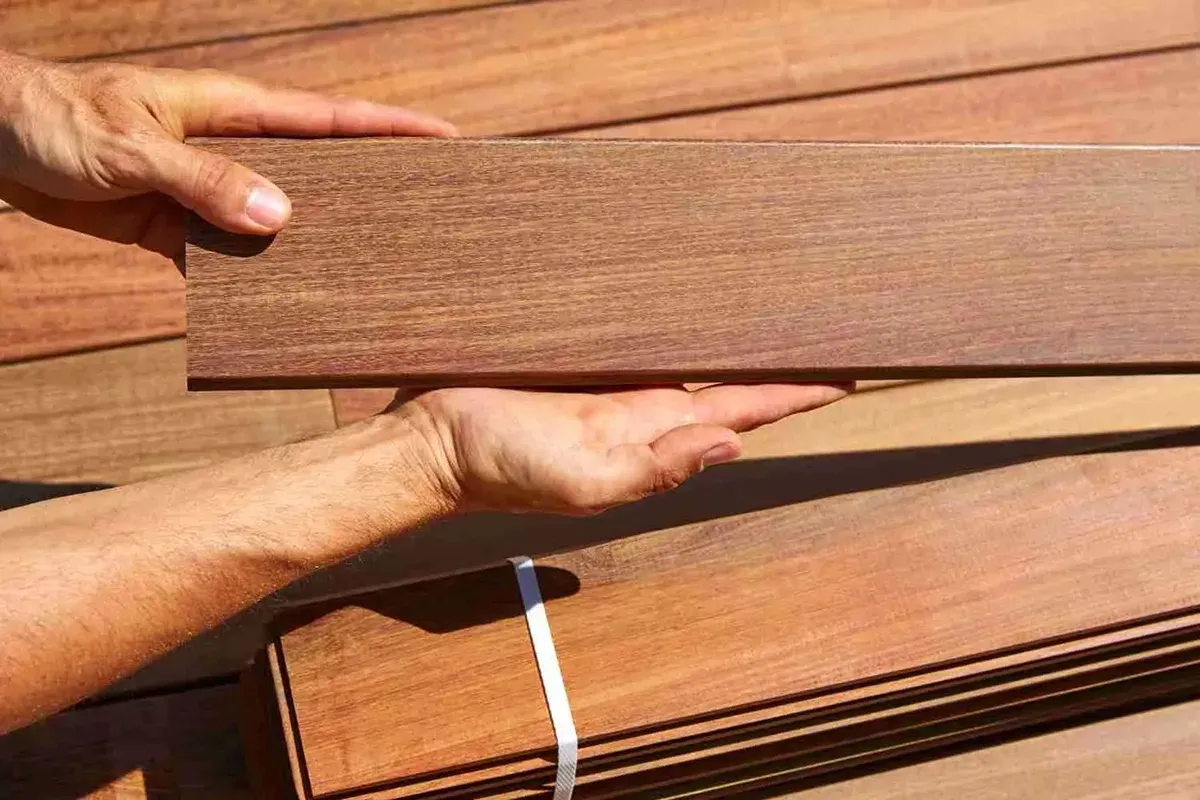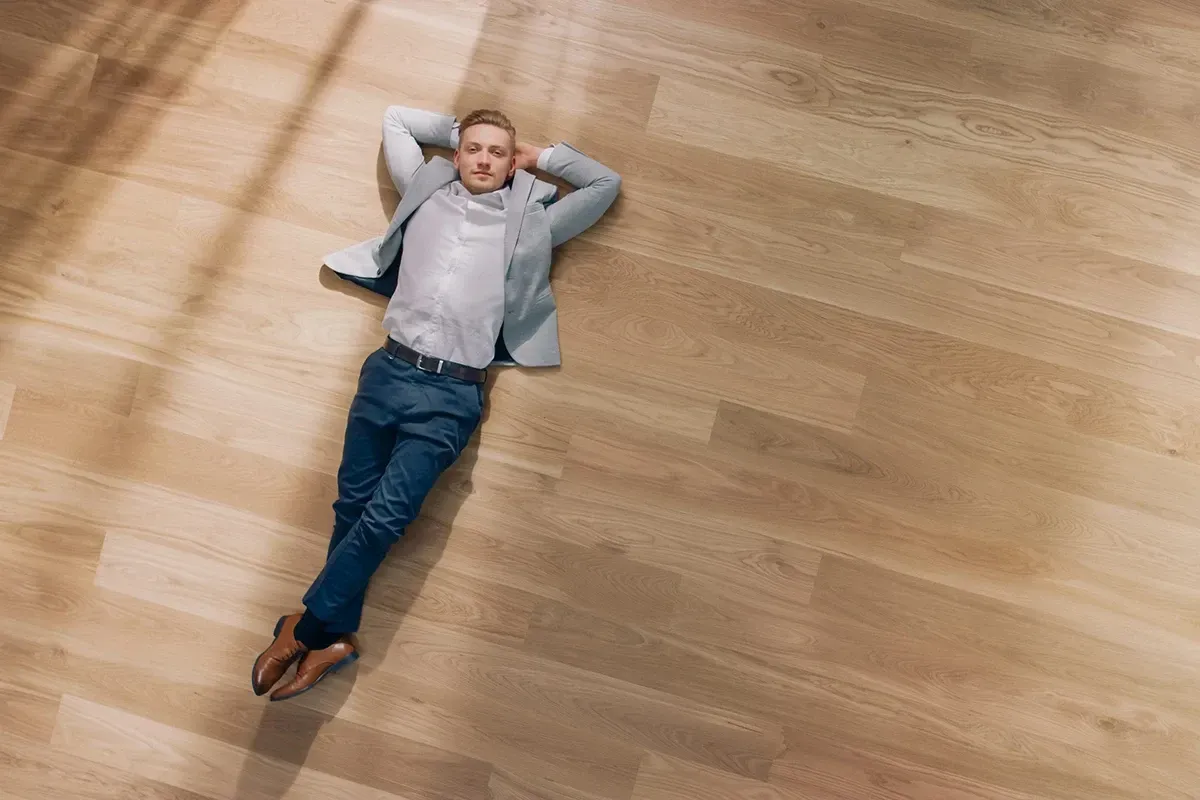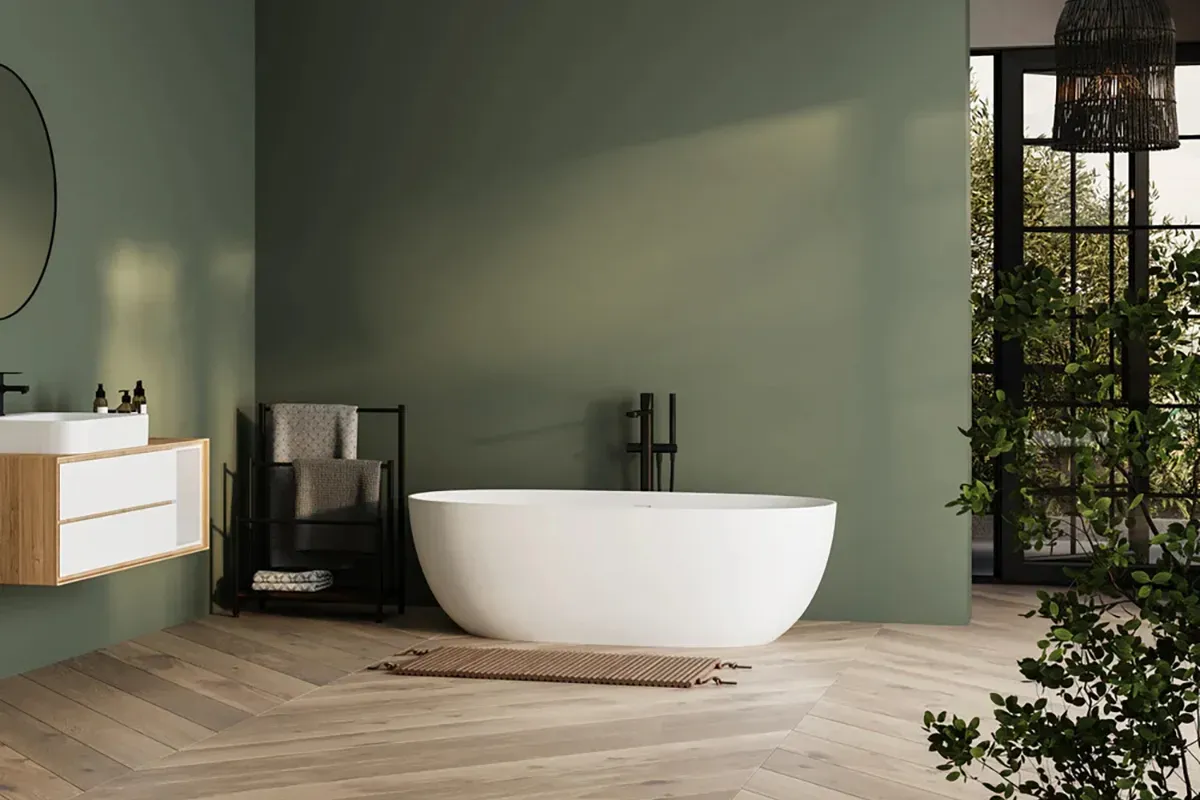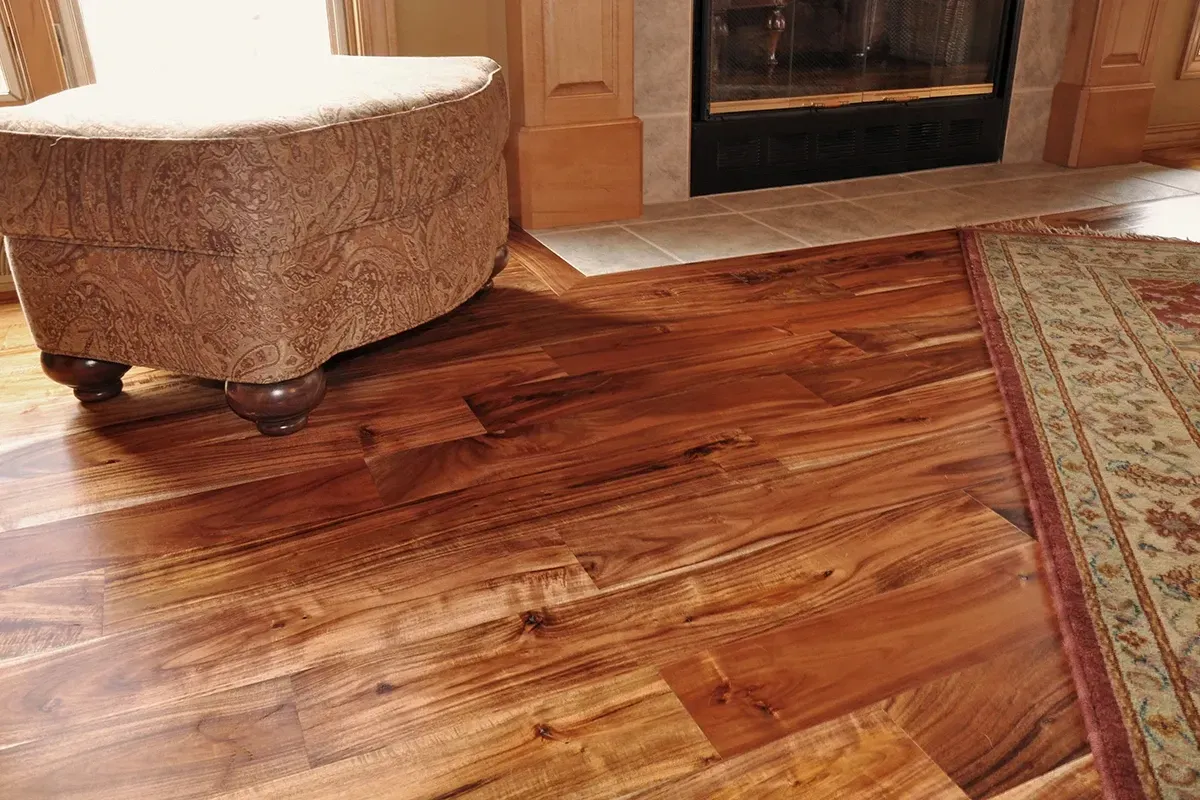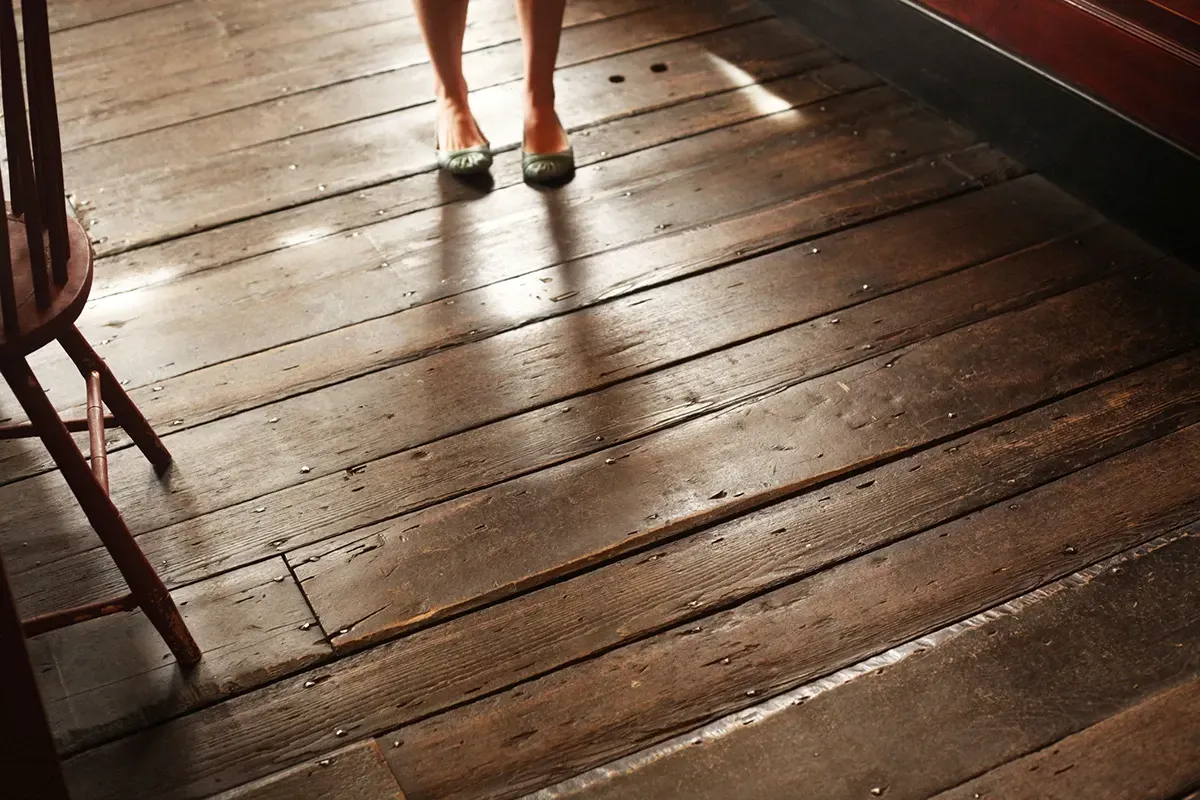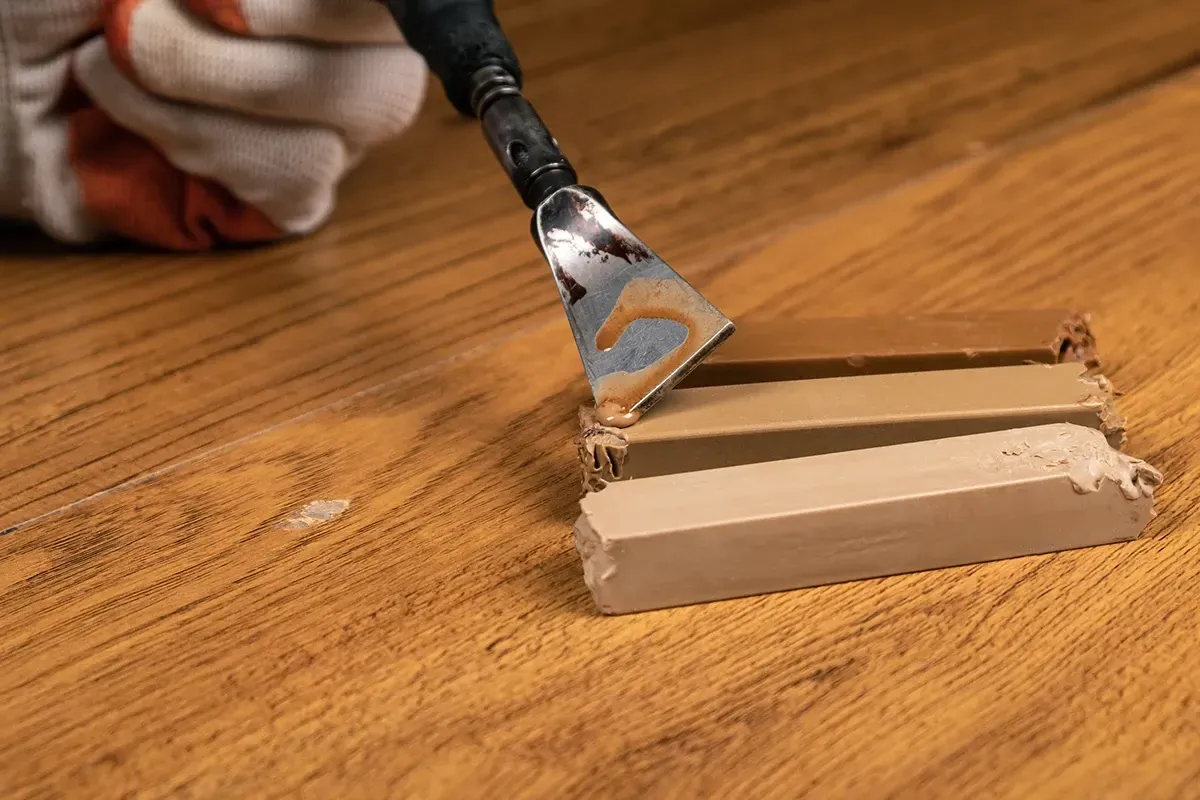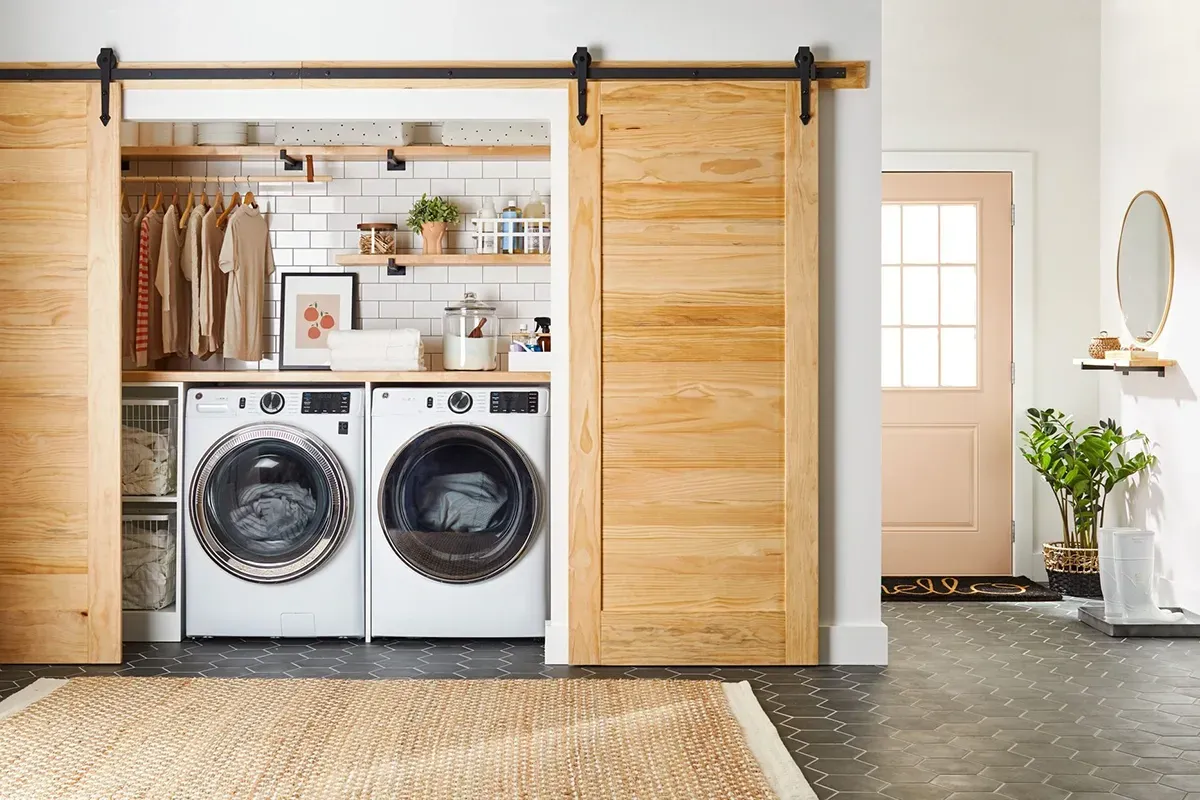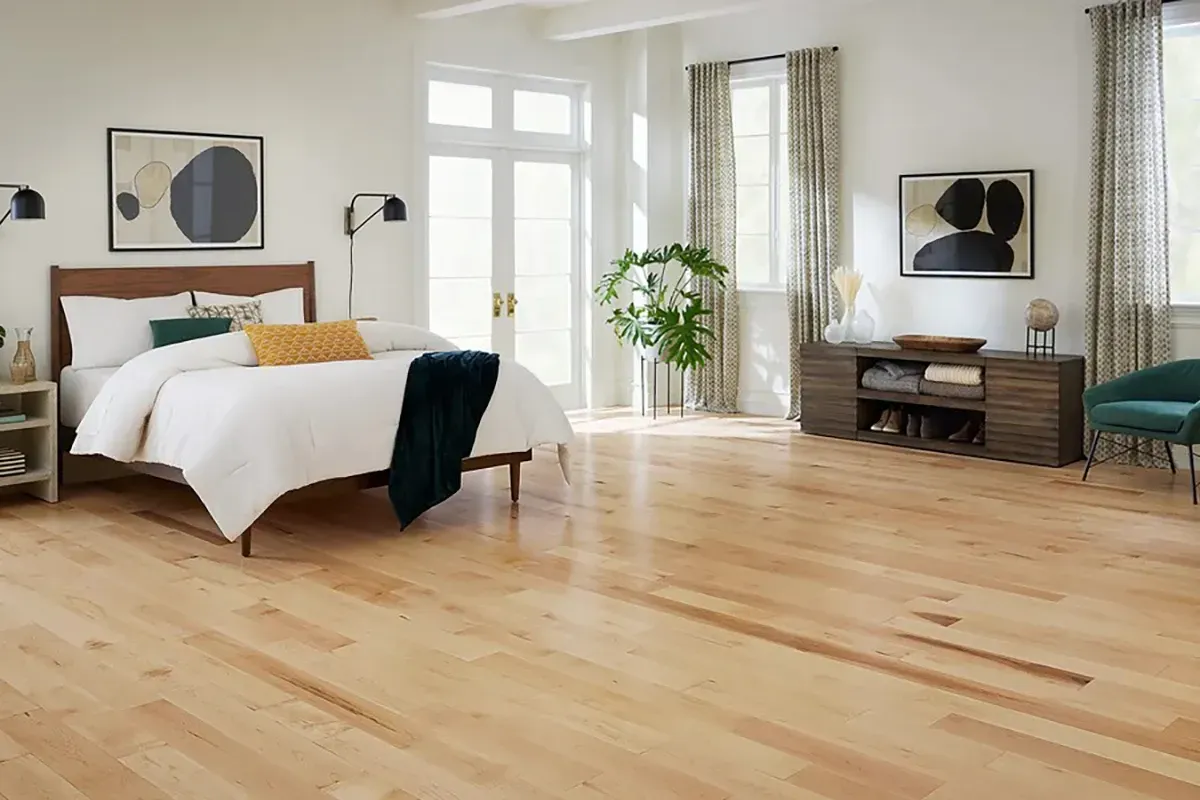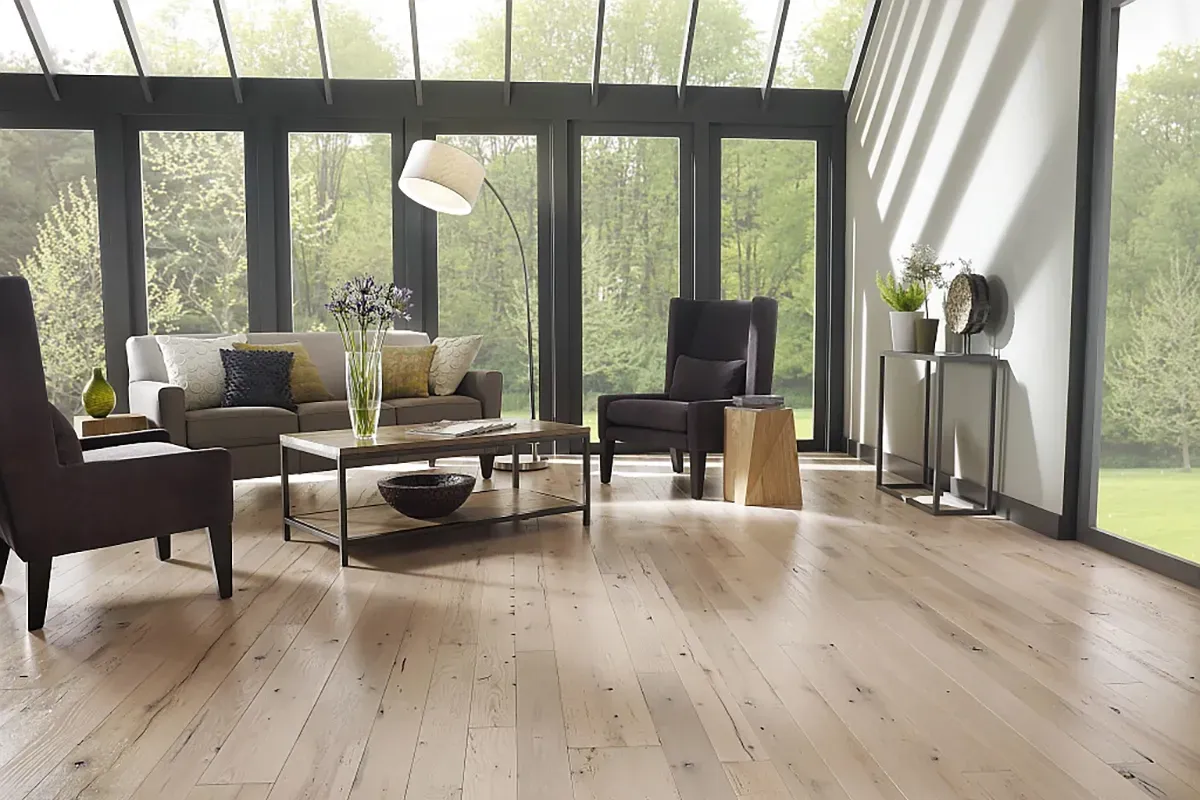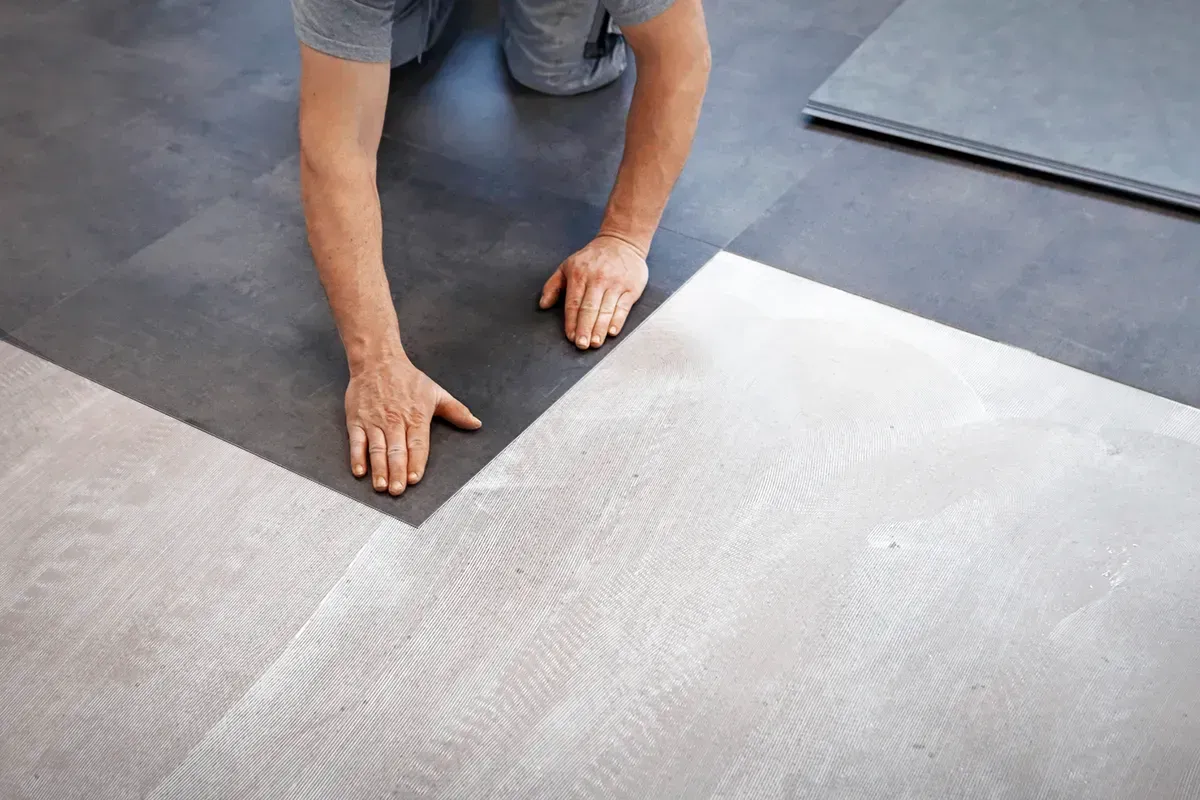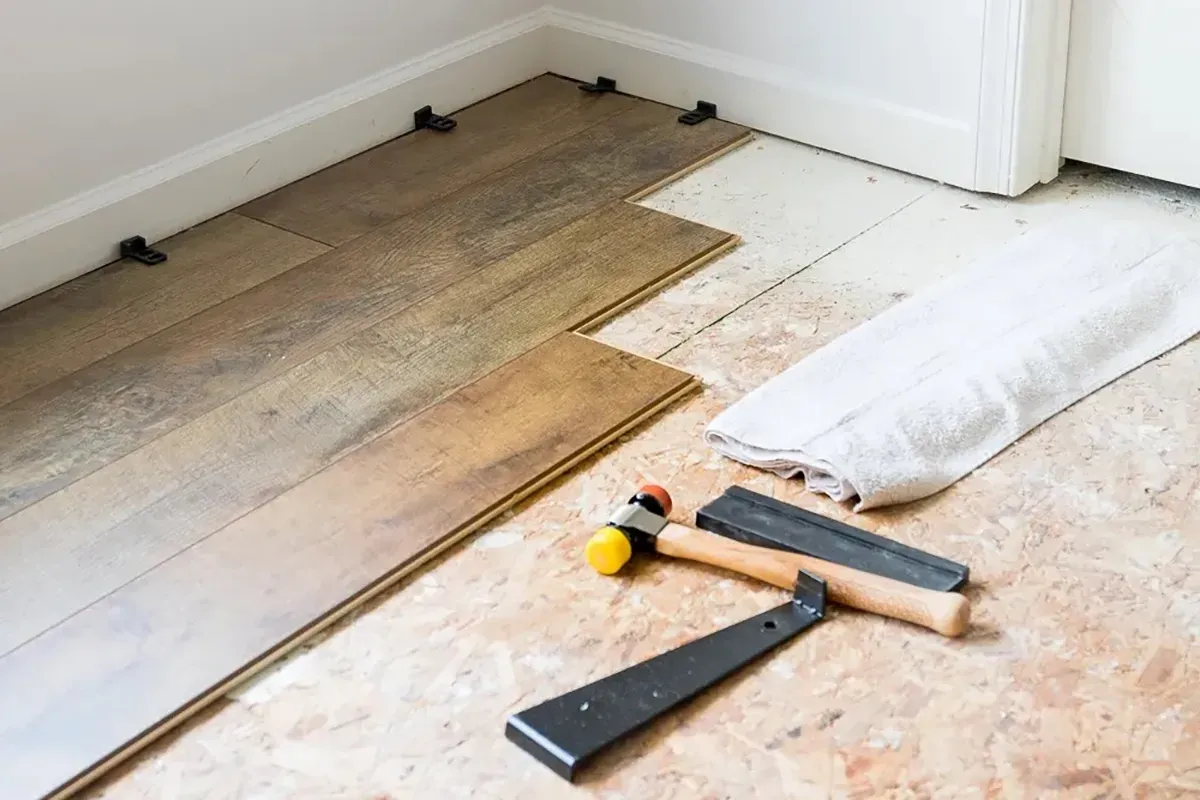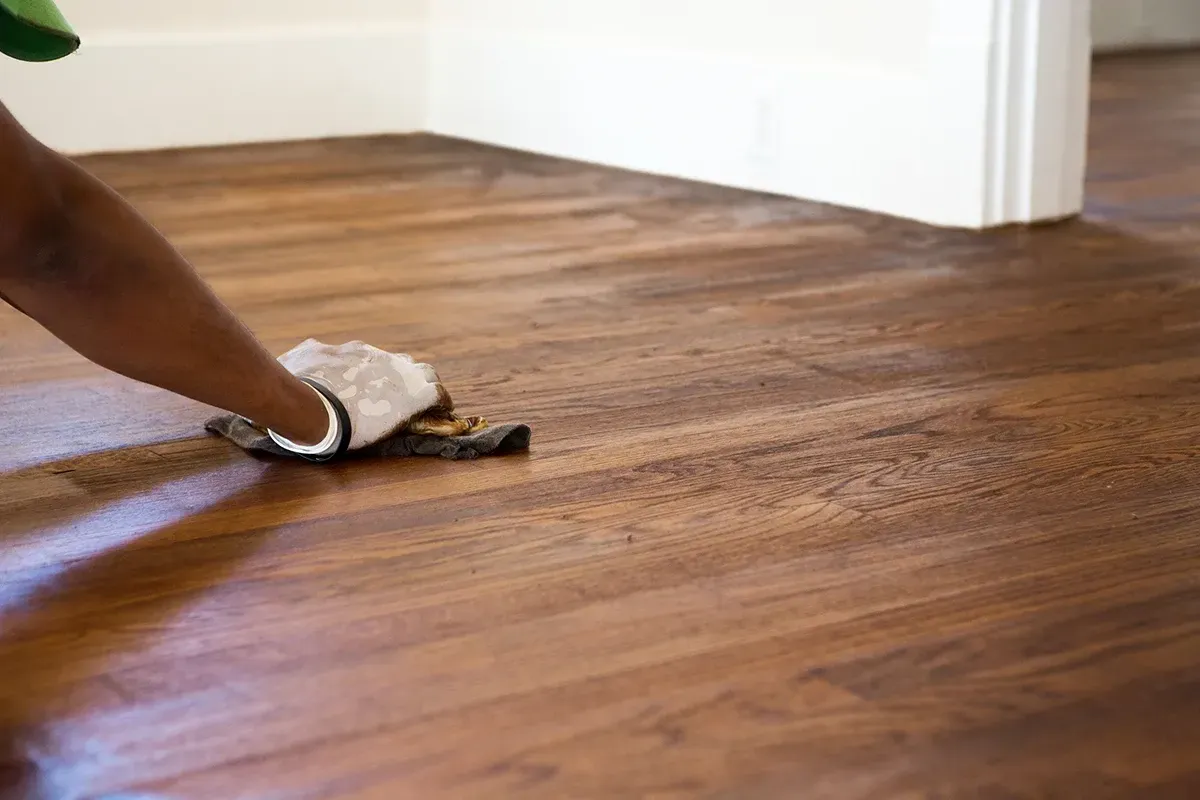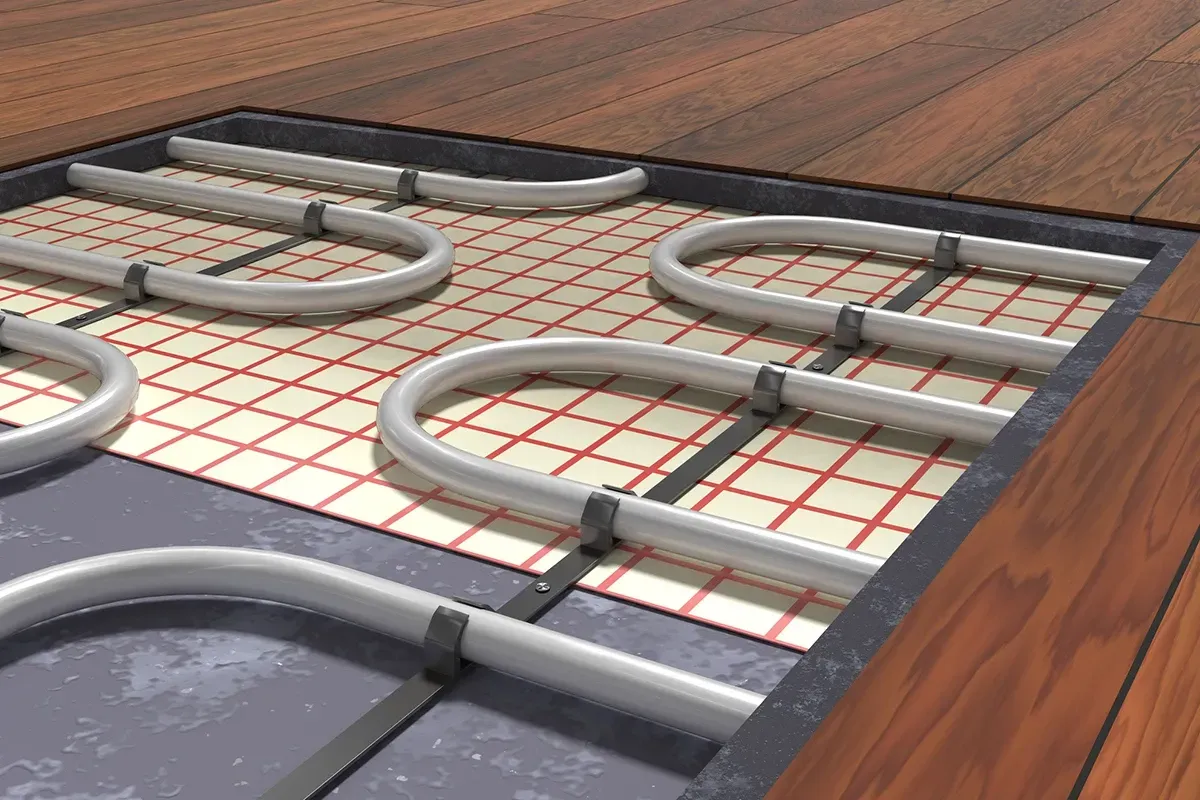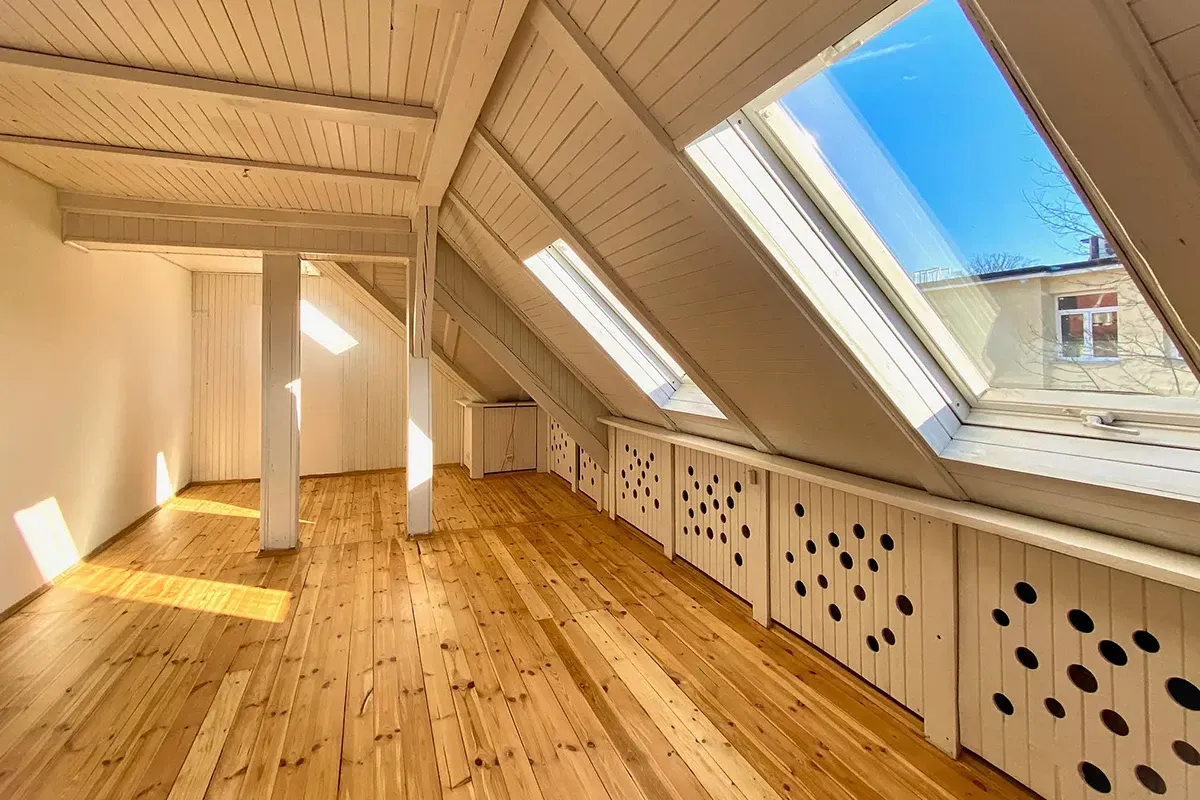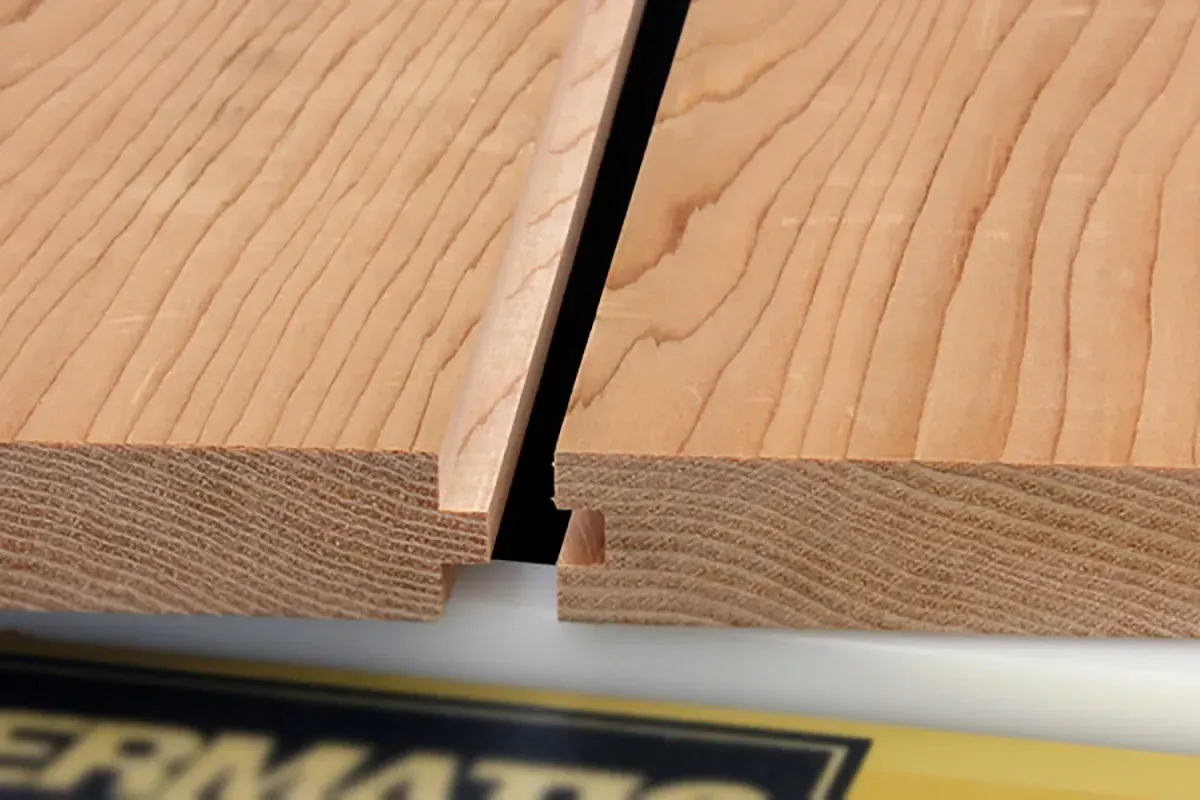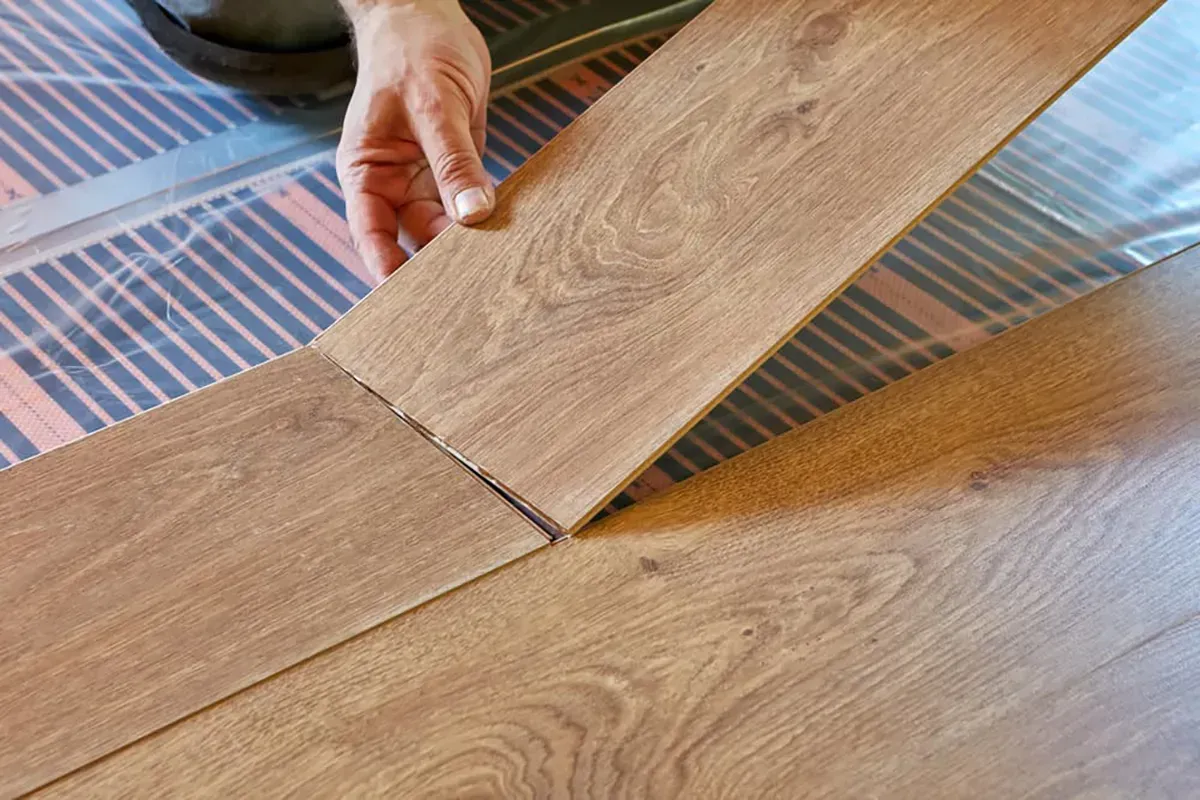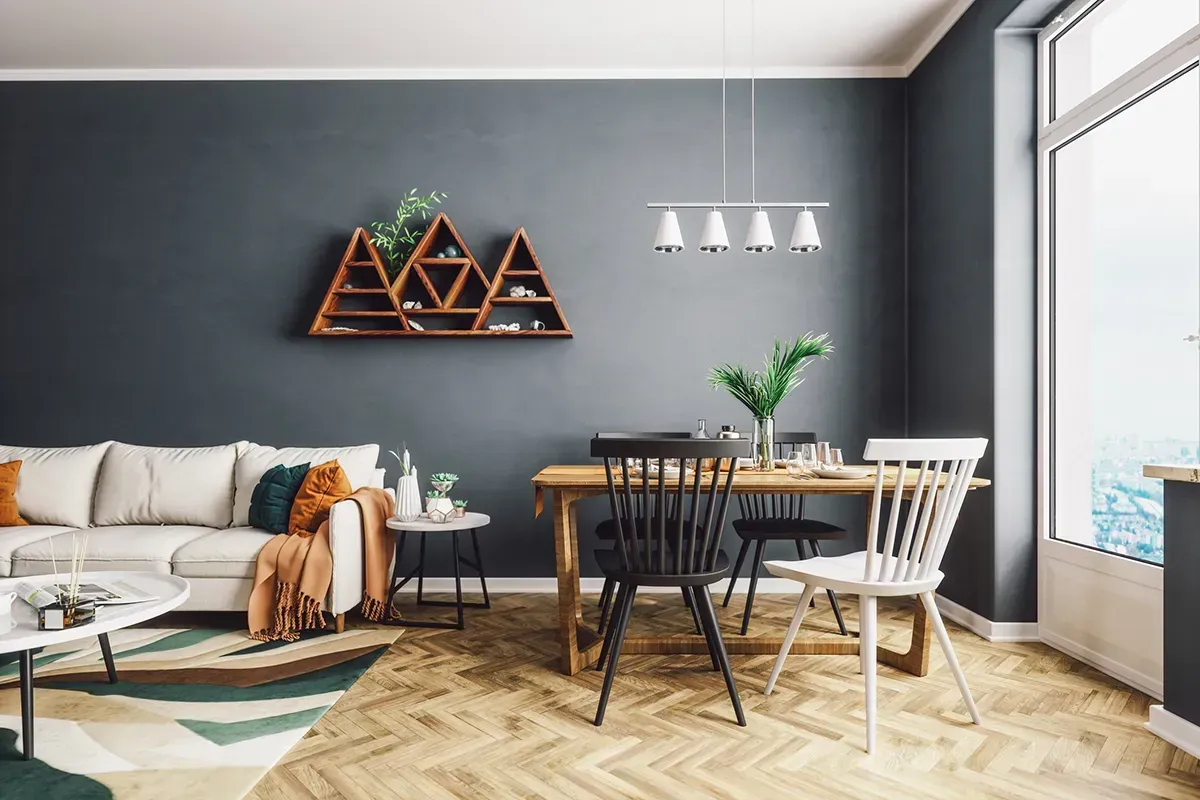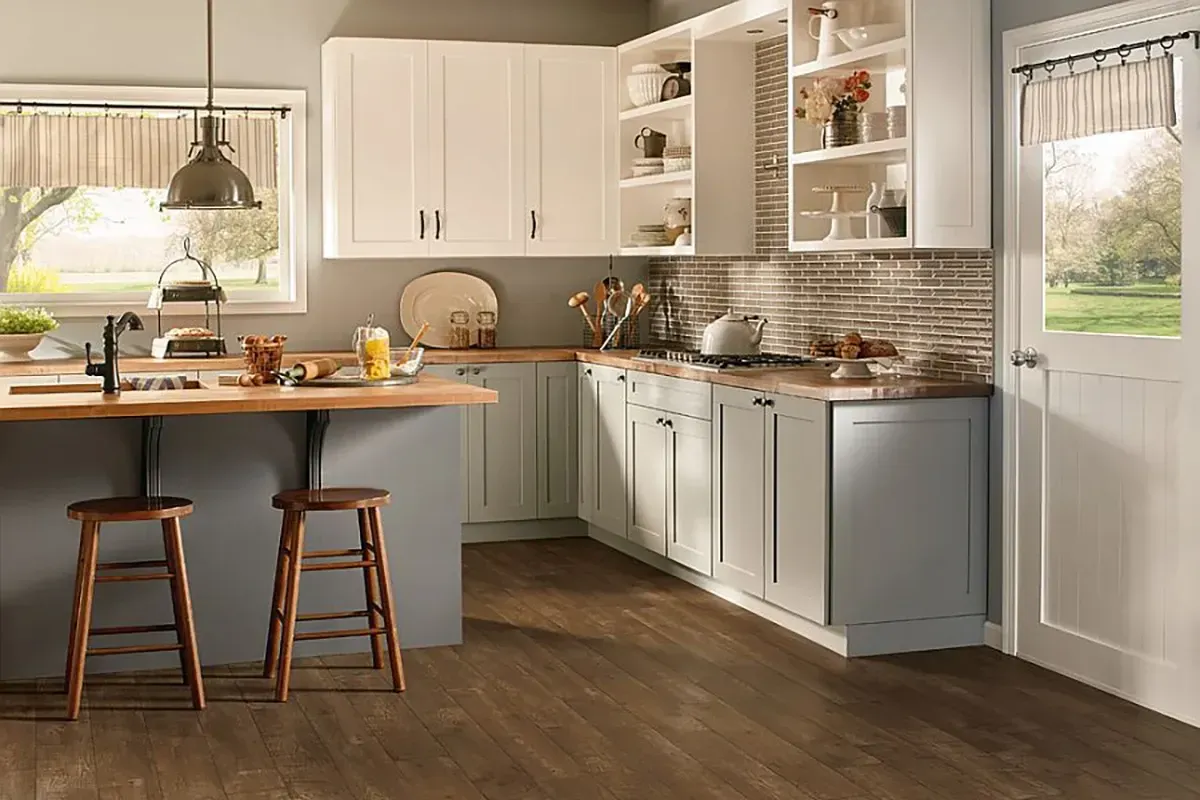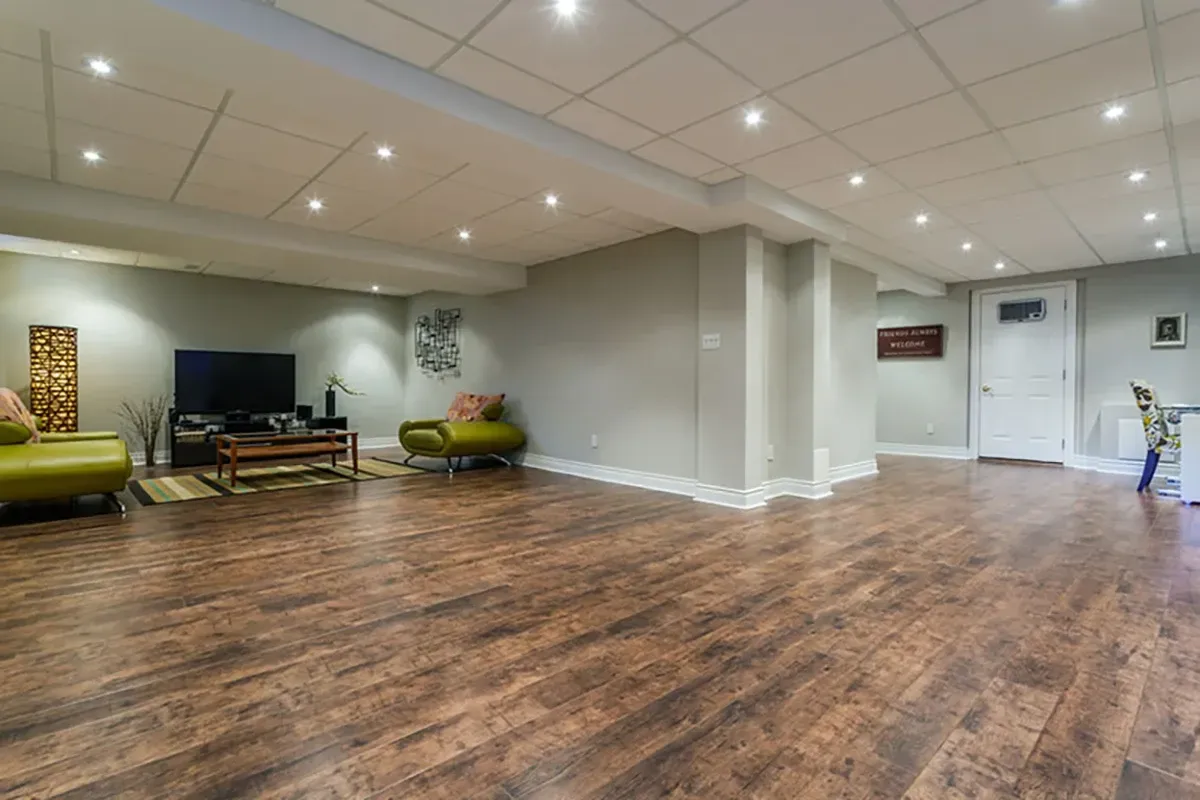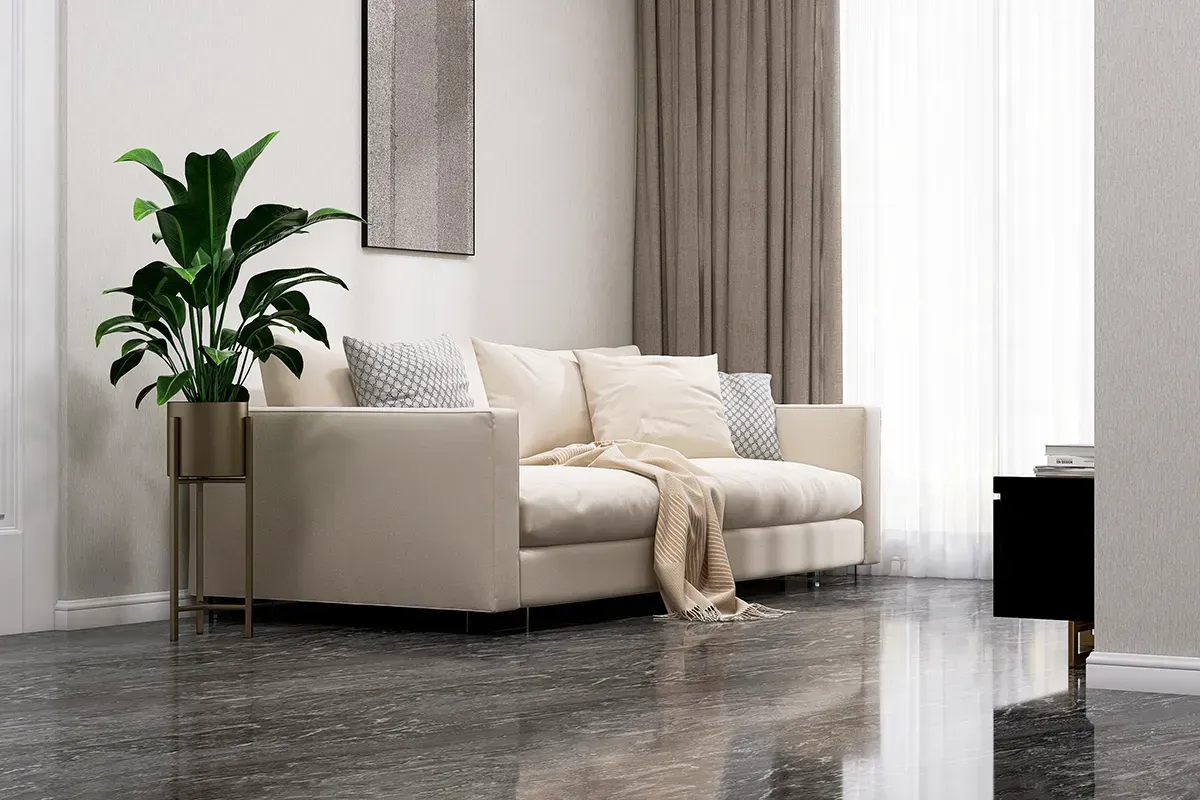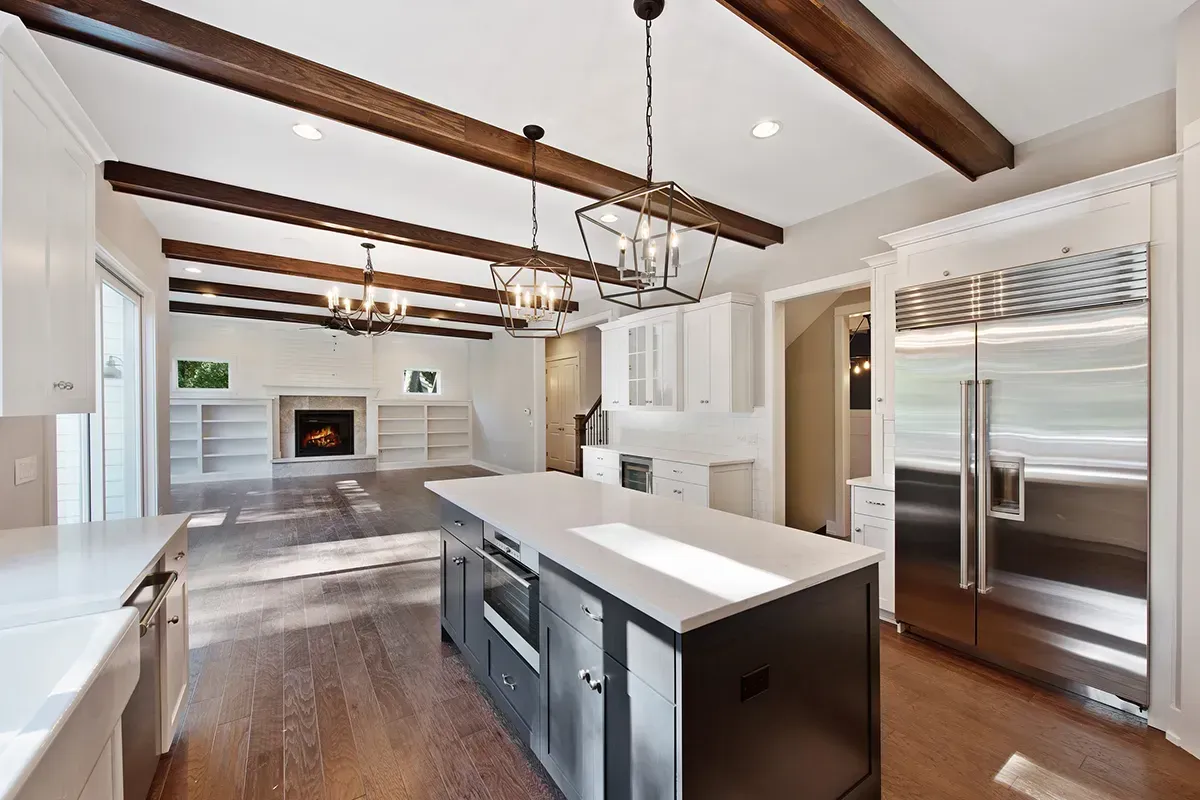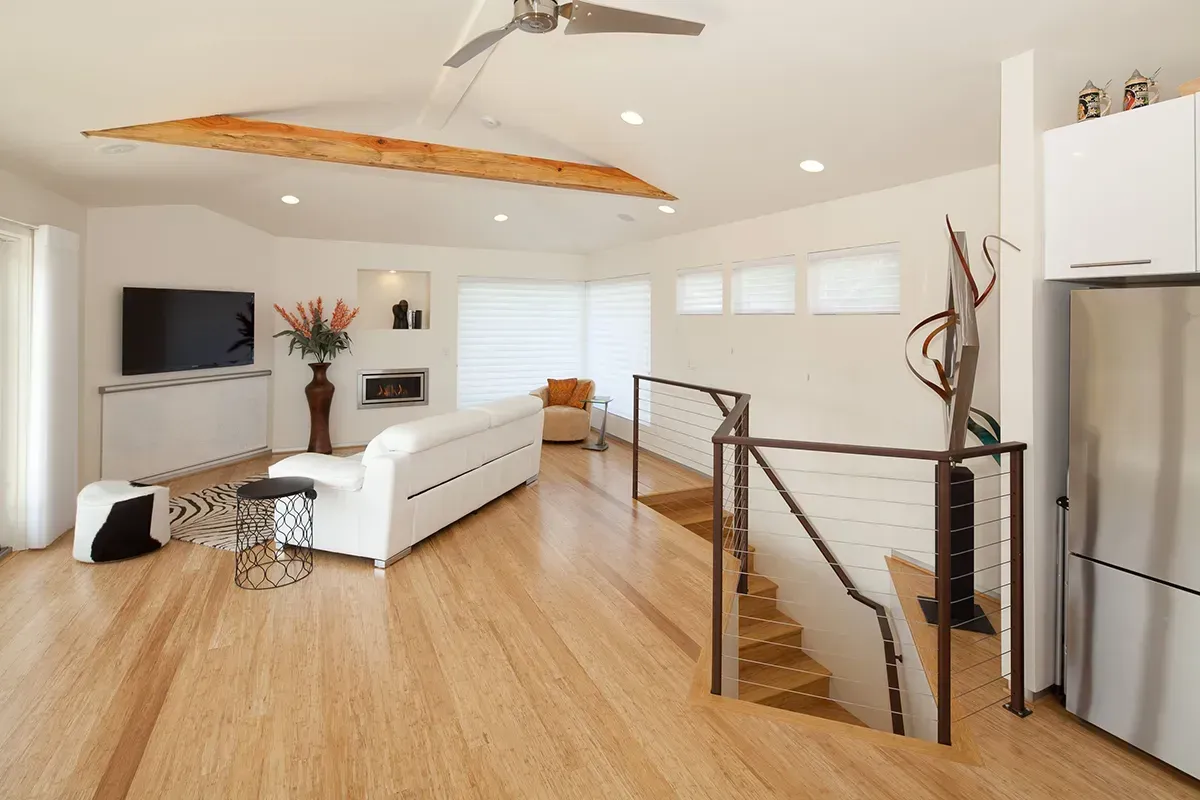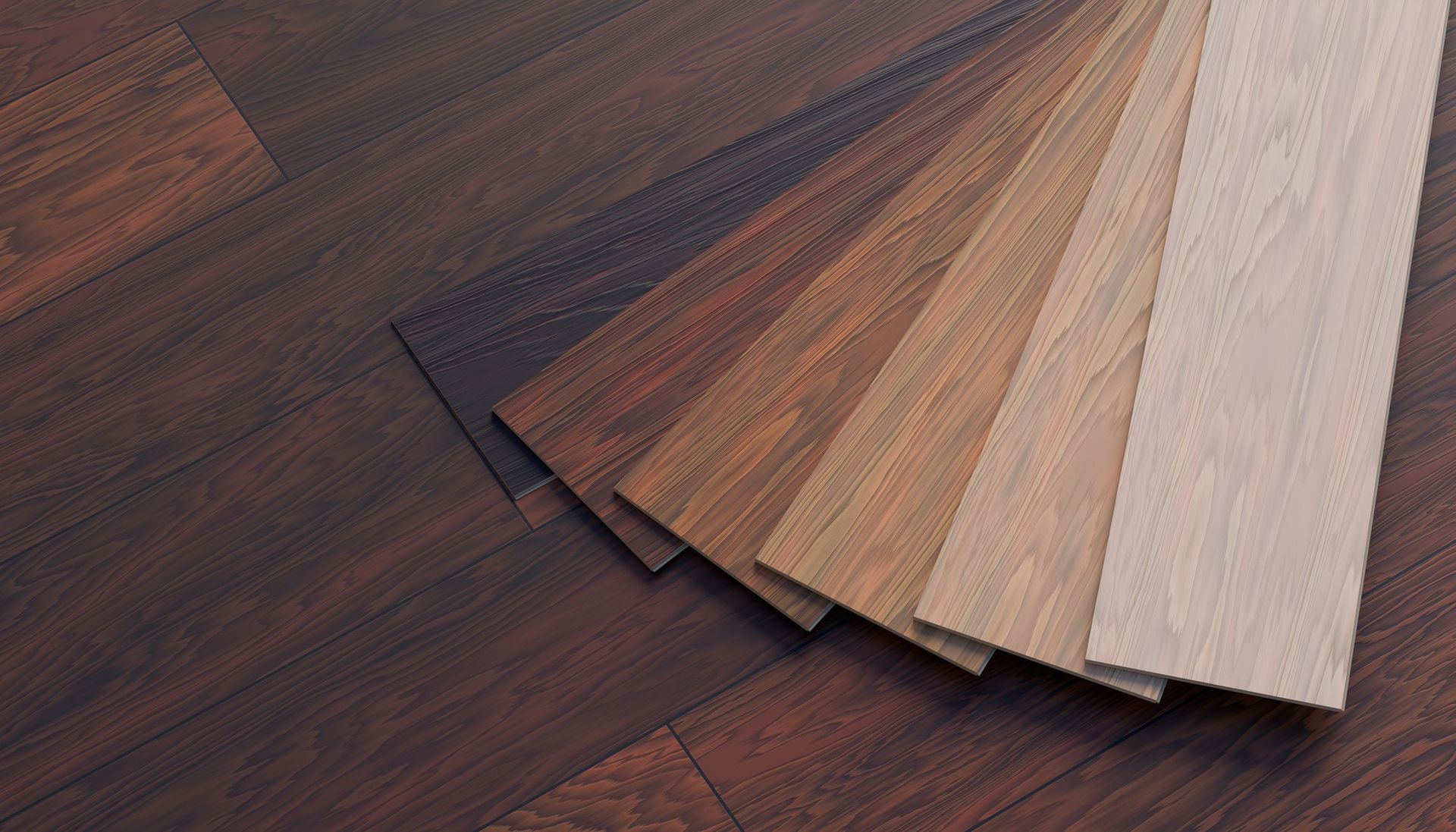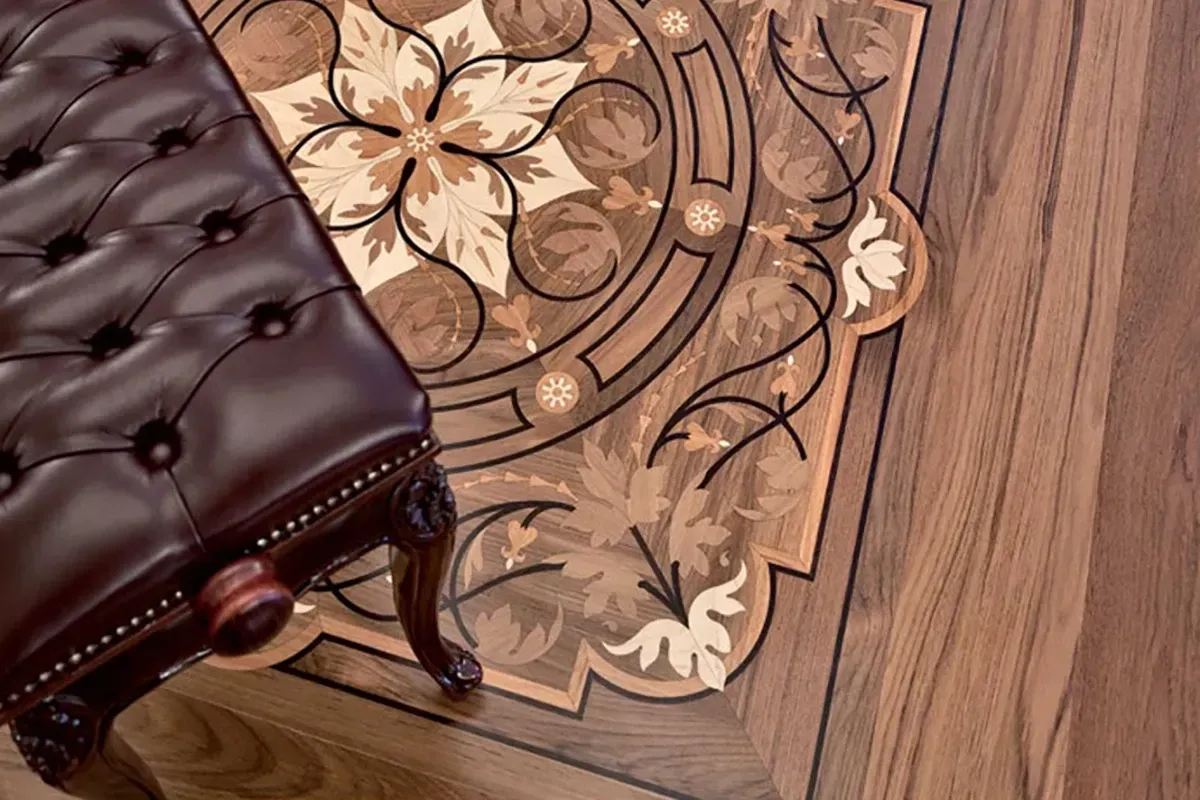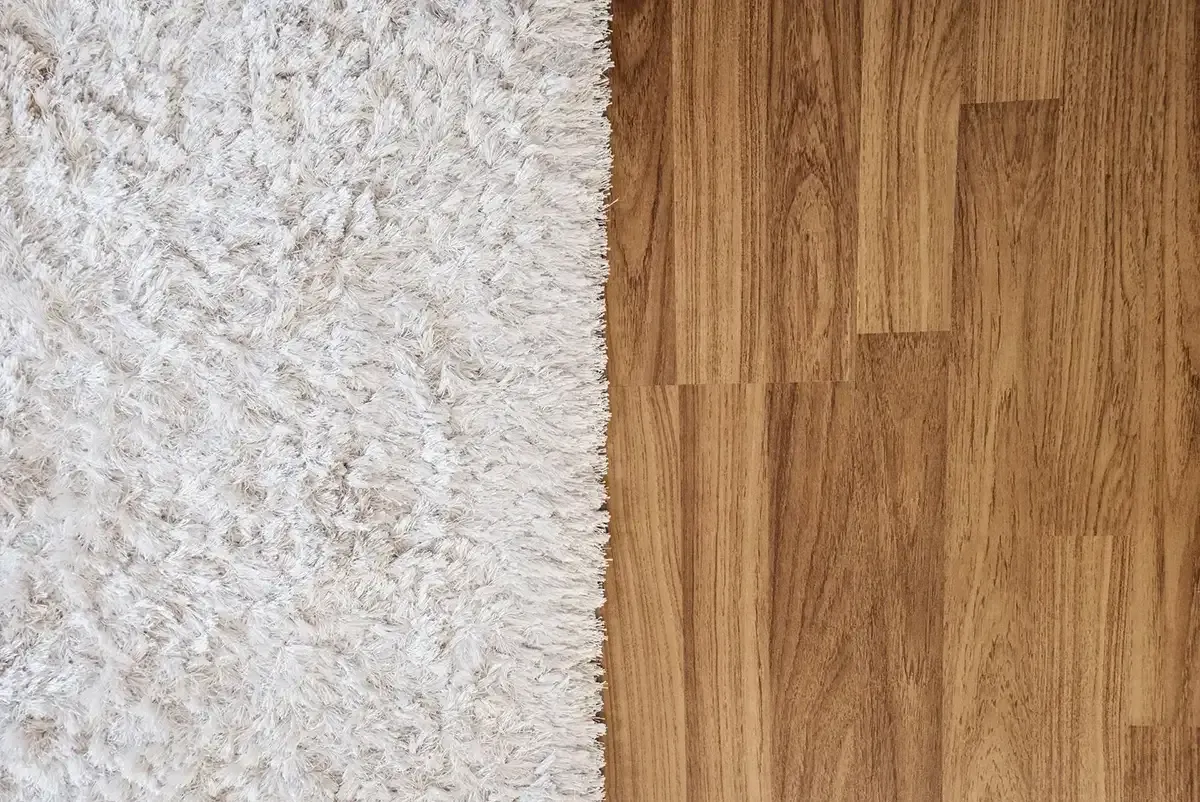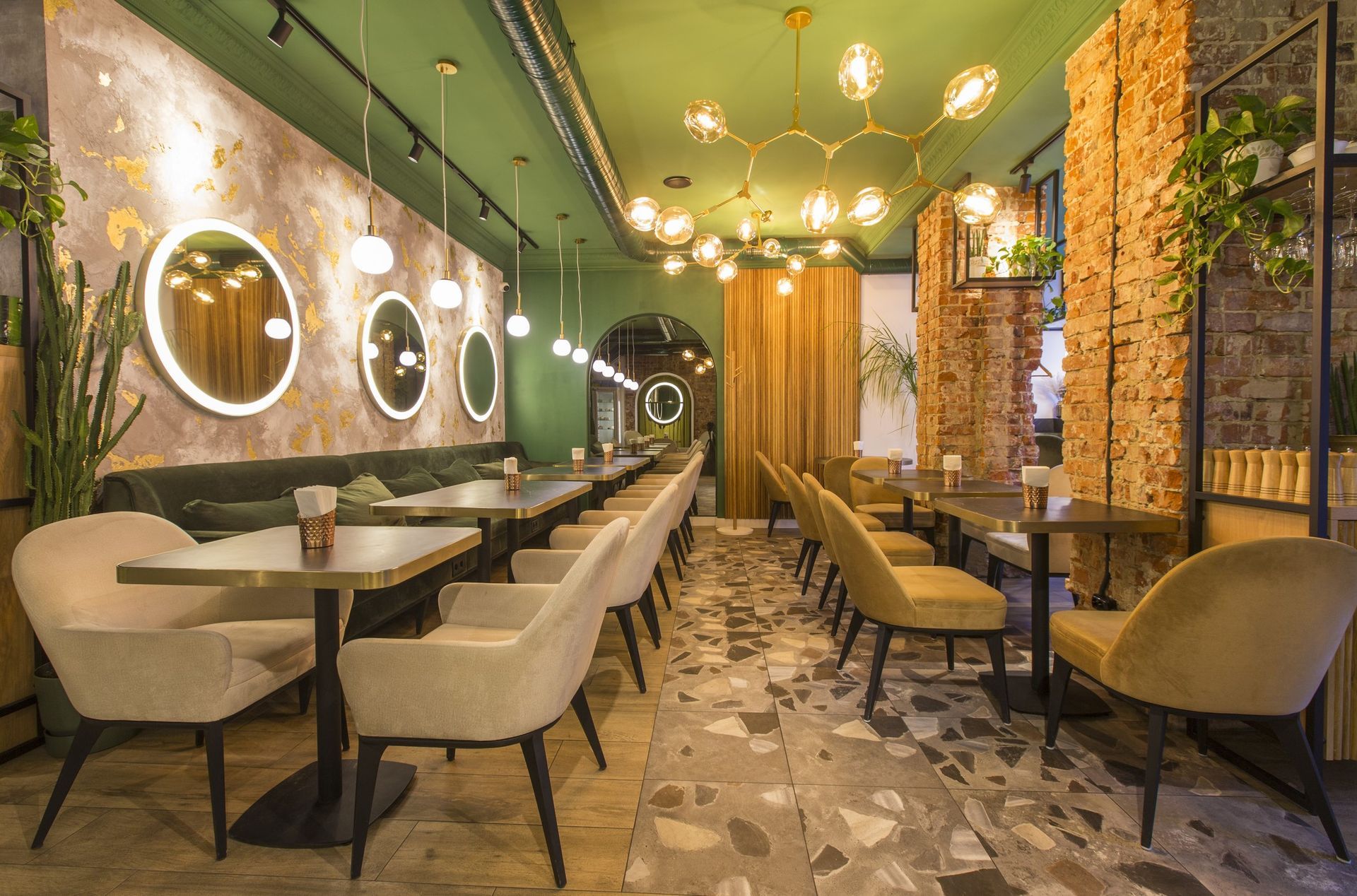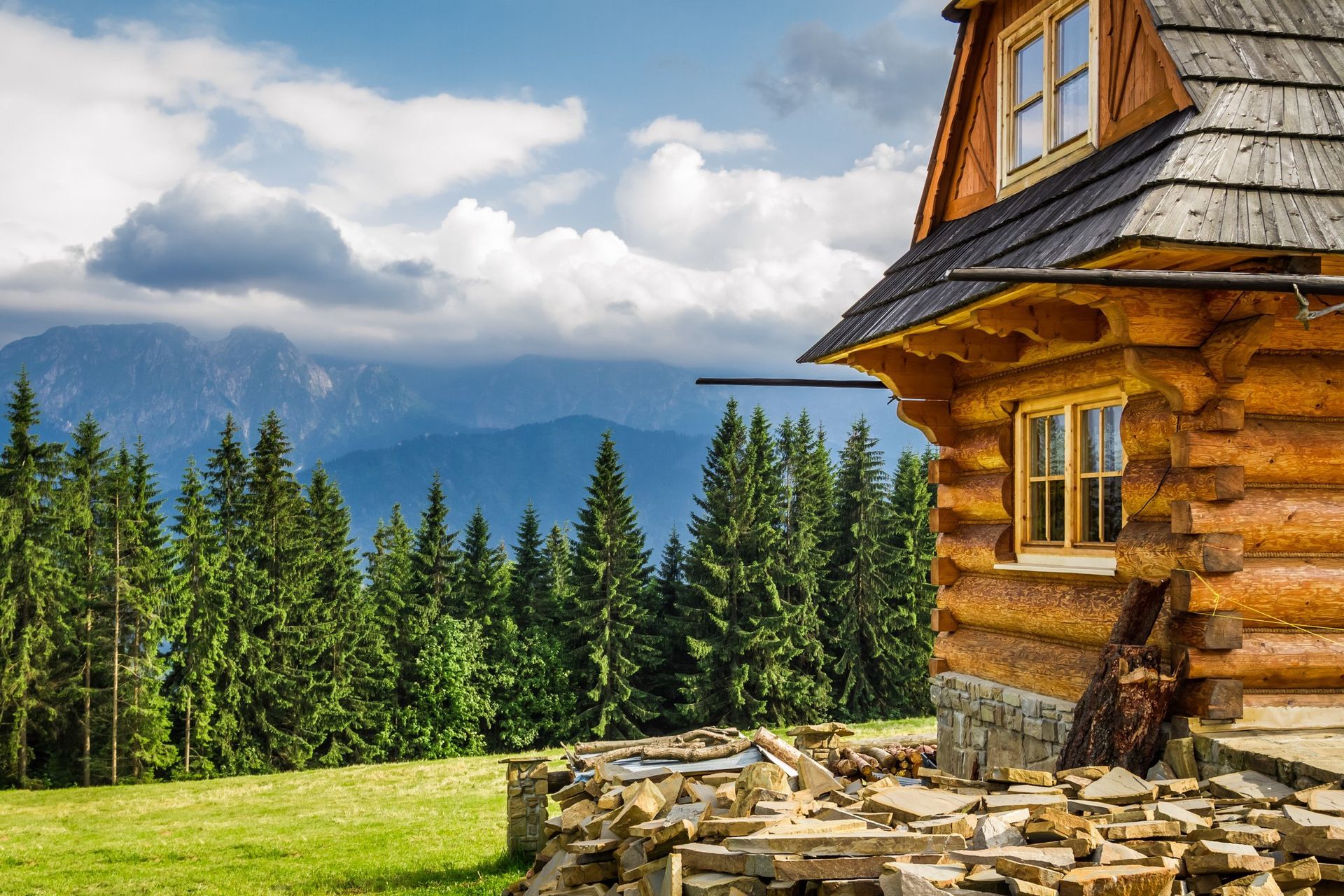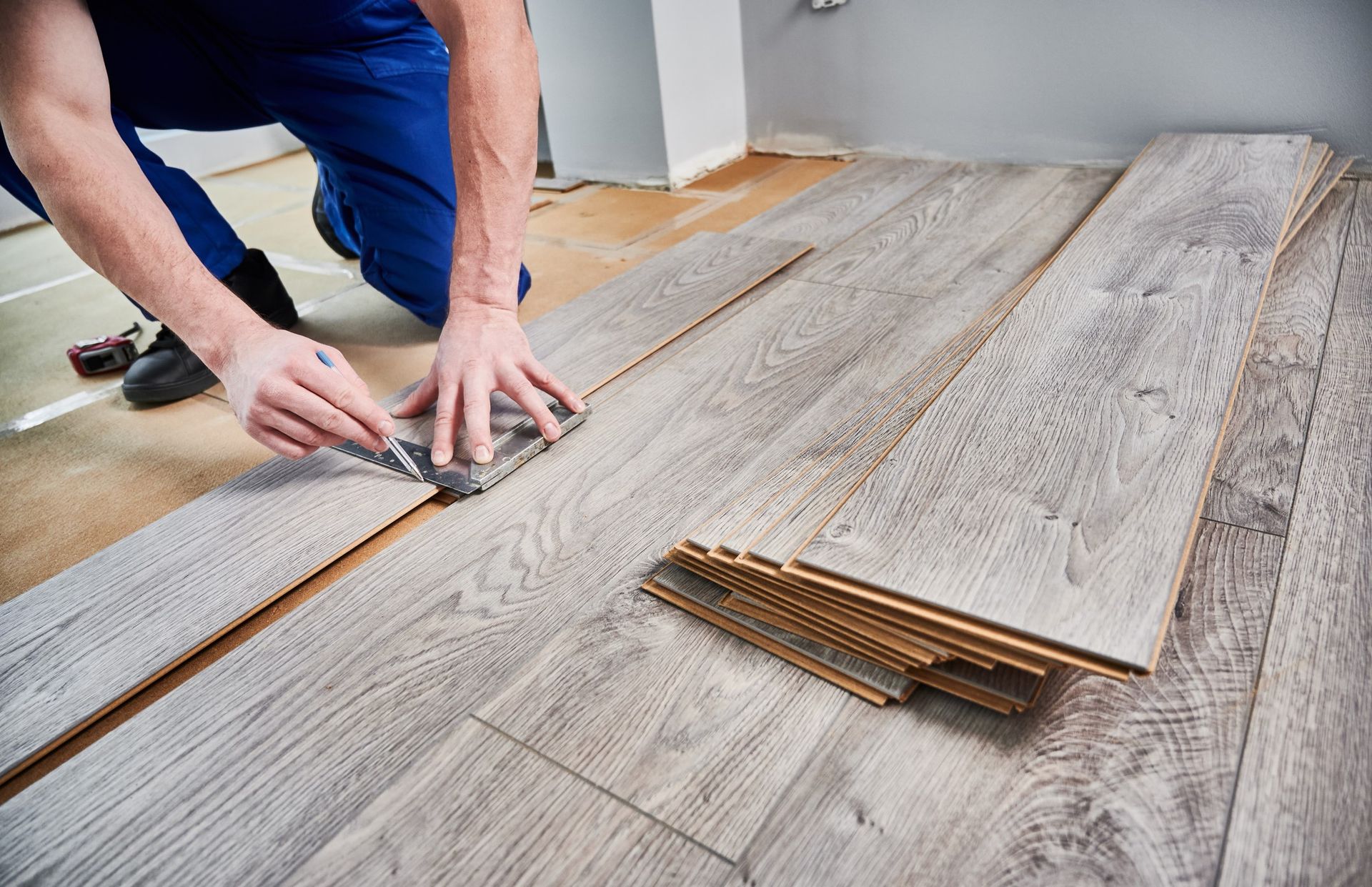Bamboo Flooring Pros and Cons: Should You Buy?
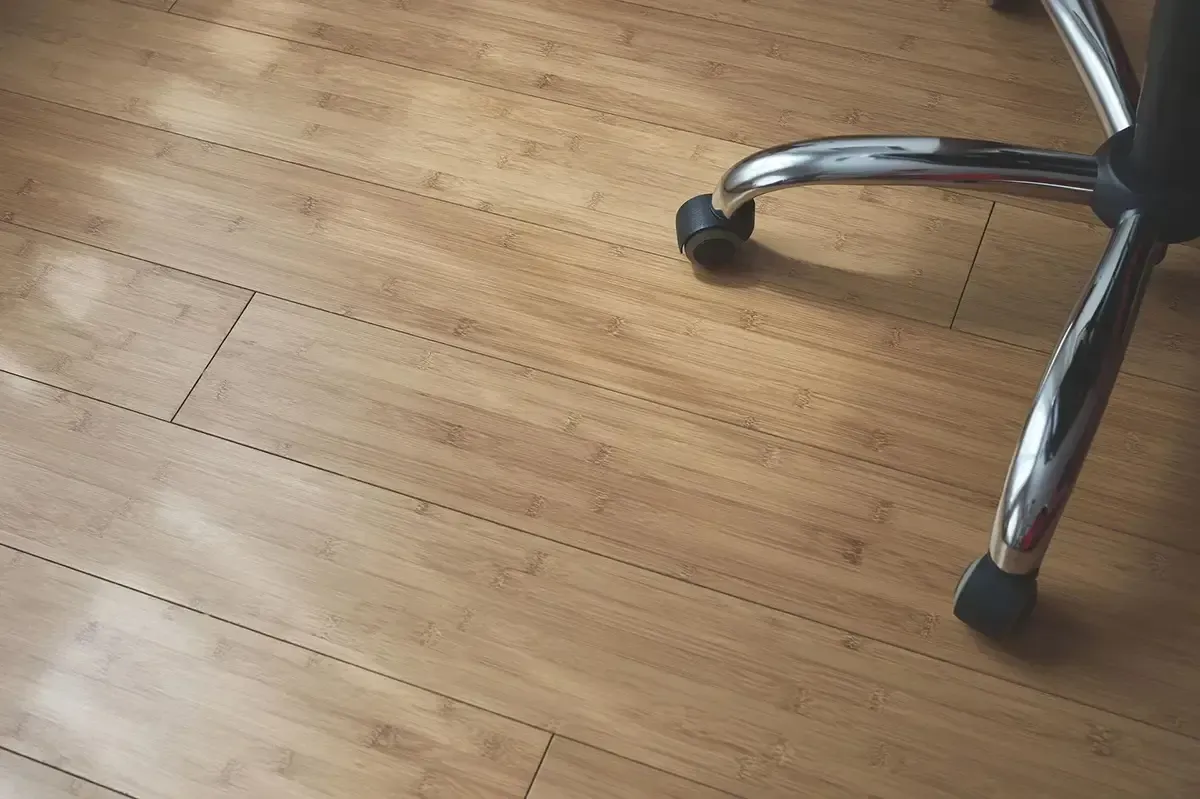
Choosing bamboo flooring offers numerous benefits, making it an appealing option for both homes and commercial spaces. Bamboo is not only strong and versatile, but it’s also a sustainable, natural flooring solution. Below are the key pros and cons of bamboo flooring to help you decide if it’s the right choice for your home.
Pros of Bamboo Flooring
1. Strength and Durability
One of the biggest advantages of bamboo flooring is its strength. Bamboo is a fast-growing plant, making it a sustainable resource. With a five-year maturation period, bamboo regenerates after harvesting, making it an eco-friendly alternative to hardwood flooring. Its root system remains intact, allowing new stems to grow each year. Plus, bamboo forests absorb a significant amount of CO2, which is maintained through careful harvesting.
Strand-woven bamboo is over twice as hard as oak, making it an excellent option for high-traffic areas. Its durability is reflected in warranties of up to 25 years, providing long-term protection against wear and tear. Additionally, bamboo is one of the choices of flooring for a humid climate, meaning it can be used in different environments and installed in several ways:
- Over underfloor heating systems
- On any prepared subfloor
- As a floating floor over underlayment or glued or nailed directly
2. Color and Style Options
Bamboo flooring offers diverse color and style options. At Rejuvenation Floor and Design, we supply bamboo flooring in shades of grey, brown, and natural tones. You can also choose from a variety of board sizes, surface finishes, and patterns. Since bamboo is a natural product, each board is unique, giving your floors a natural, organic appearance. This brings warmth and charm to any interior, something artificial flooring often tries to mimic.
3. Easy Maintenance
Bamboo floors are easy to maintain. Regular cleaning with a soft brush and a pH-neutral wood cleaner will keep them looking beautiful for years. To protect your bamboo floor from scratches and damage, consider these tips:
- Remove outdoor shoes
- Add felt pads to furniture legs
- Clean up spills quickly
- Use doormats at entrances
- Avoid using steam mops or harsh chemicals
While all flooring materials show wear over time, bamboo floors are easy to refinish. Unlike laminate or vinyl, which often need full replacement, bamboo can be sanded and restored by a professional when signs of damage become visible, making it a cost-effective long-term solution.
Cons of Bamboo Flooring
1. Susceptibility to Moisture
While bamboo is more moisture-resistant than some hardwoods, it’s still susceptible to water damage if exposed to excessive moisture. Flooding, leaks, or high humidity can lead to warping or mold growth. It’s important to install bamboo flooring in areas where water exposure is minimal and to clean up spills immediately.
2. Limited Styles Compared to Hardwood
Though bamboo offers a variety of colors and styles, it doesn’t have the same range as traditional hardwood. If you're looking for very specific grains or patterns, bamboo may have fewer options than oak, maple, or other hardwoods. However, its natural, distinctive look still offers plenty of versatility for many design preferences.
3. Prone to Scratches
While bamboo is strong, it can still scratch, especially in areas with heavy foot traffic or if sharp objects come into contact with the floor. The good news is that scratches can usually be sanded out and refinished, but it’s important to take preventative measures, such as using rugs in high-traffic areas and applying furniture pads.
Frequently Asked Questions About Bamboo Flooring
1. Is bamboo flooring durable?
Yes, bamboo flooring is very durable, especially strand-woven bamboo, which is over twice as hard as oak. With proper care, bamboo floors can last up to 25 years or more, making them a strong choice for both residential and commercial spaces.
2. Can bamboo flooring be installed in humid areas?
Bamboo is more moisture-resistant than some hardwoods but is still susceptible to water damage. It’s best to avoid installing bamboo in areas with excessive moisture, such as bathrooms or basements prone to flooding. However, it performs well in rooms with normal humidity levels, and engineered bamboo is often more resistant to moisture.
3. How do I maintain bamboo flooring?
Bamboo flooring is easy to maintain. Regularly sweep with a soft brush and clean with a pH-neutral wood floor cleaner. To prevent damage, avoid using steam mops or harsh chemicals, and consider placing doormats and furniture pads to protect the surface from scratches and dents.
4. Can bamboo flooring be refinished?
Yes, bamboo flooring can be refinished. Just like hardwood, bamboo can be sanded down to remove scratches or stains. This makes bamboo a great long-term option, as you can restore its appearance if it shows signs of wear and tear.
5. Is bamboo flooring eco-friendly?
Absolutely! Bamboo is a sustainable resource that grows rapidly and regenerates after harvesting without needing to be replanted. Its short maturation period (around five years) and ability to absorb carbon dioxide make it an environmentally friendly flooring choice.
6. How much does bamboo flooring cost?
Bamboo flooring is generally less expensive than traditional hardwood. However, prices can vary depending on the type of bamboo (such as strand-woven or engineered) and the quality of the flooring. Despite being more affordable, bamboo offers similar durability and a natural look, making it a cost-effective alternative.
7. Can I install bamboo flooring over underfloor heating?
Yes, bamboo flooring, particularly engineered bamboo, can be installed over underfloor heating systems. It’s important to follow the manufacturer’s guidelines for installation to ensure the flooring performs well with the heating system.
Conclusion: Is Bamboo Flooring Right for You?
When considering bamboo flooring, weighing its pros and cons can help you make an informed decision. The material’s strength, sustainability, and easy maintenance make it an attractive option for many homeowners. However, you should also consider its susceptibility to moisture and limited style range when compared to traditional hardwood.
If you’re ready to explore bamboo flooring further, get in touch with us at
Rejuvenation Floor and Design. Our experts can help you find the perfect bamboo floor for your home and lifestyle.

